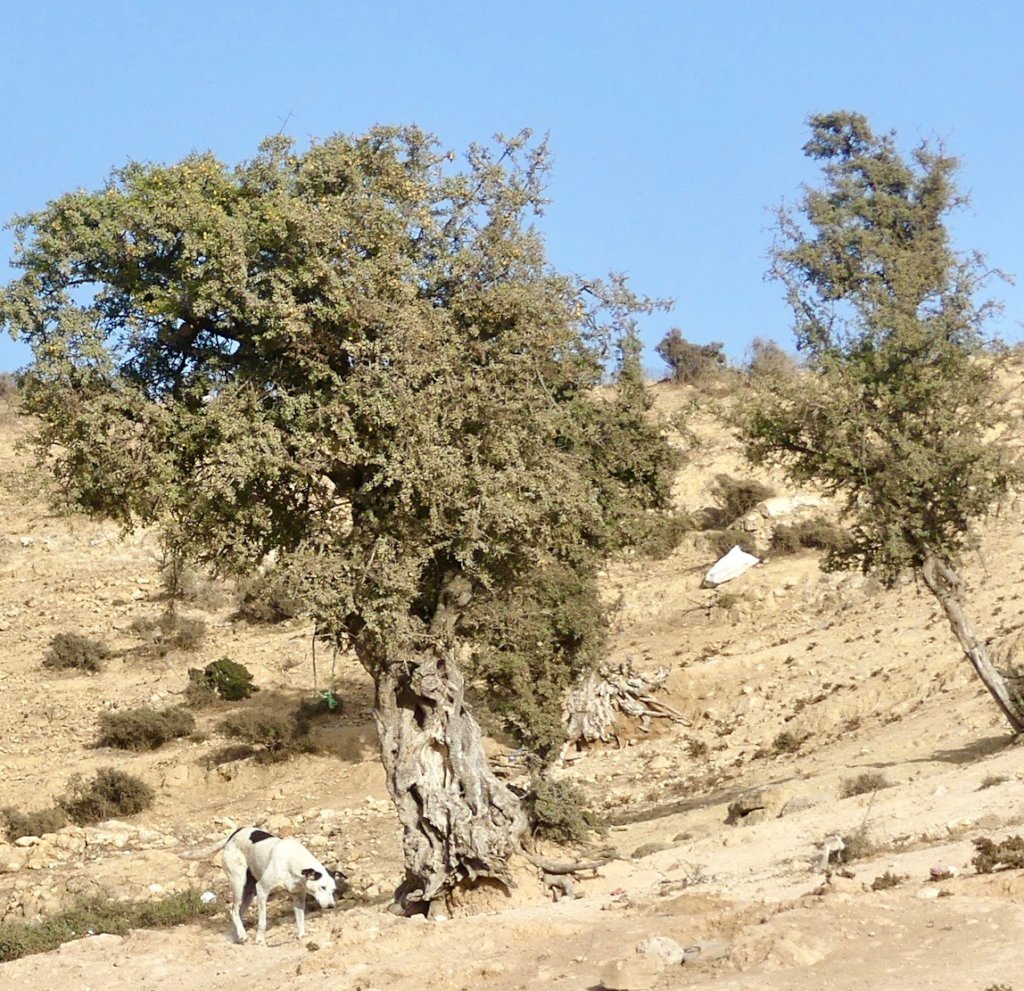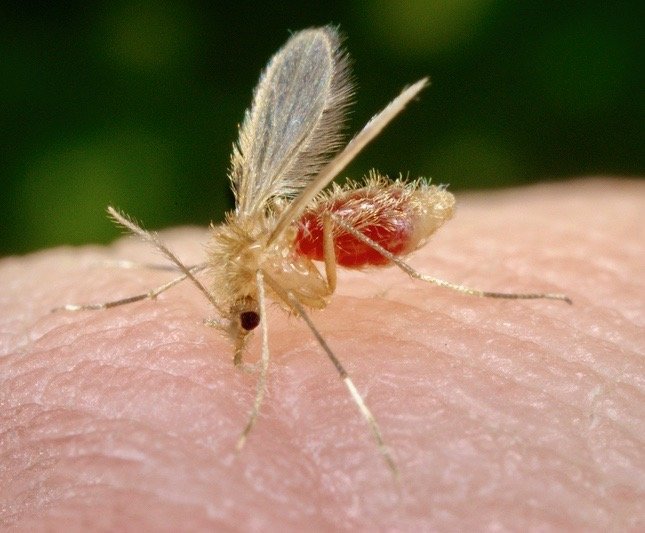By Julie Garnier | Project Leader
We started to address the One health challenge represented by zoonotic disease in the argan forest last year by conducting rabies awareness campaigns in schools and dog vaccination campaigns in villages. This has led to a much better understanding by the local population of the risk represented by stray dogs and it allowed them to know what to do to avoid being bitten by dogs and to avoid the transmission of this fatal infection.
When visiting villages last year, the One Health team was able to identify that some another zoonotic disease affected the population: leishmaniasis. This parasitic infection is transmitted through the bites of infected sandflies, which are tiny insects found in mud wall cracks and animal burrows. Contrary to mosquitoes, sandflies are able to live in a multitude of environments as they do not need water to complete their life cycle. They bite from dusk to dawn and are silent flyers, making their bite going unnoticed. After a few weeks, skin lesions develop and can take a very long time to heal, leaving affected people with disfiguring scars and psychosocial trauma. This disease is largely unknown from the local population.
As a first step in our task to improve people and animal health while conserving natural ecosystems, our One Health team started to investigate the role of stray dogs in the transmission of leishmaniasis so that adapted preventive and control measures can be developed accordingly. Once we know more about disease transmission in the argan forest, we’ll be able to inform and protect both human and animal populations in the most effective way, helping to reduce a health burden which is already considerable in the area.
Project reports on GlobalGiving are posted directly to globalgiving.org by Project Leaders as they are completed, generally every 3-4 months. To protect the integrity of these documents, GlobalGiving does not alter them; therefore you may find some language or formatting issues.
If you donate to this project or have donated to this project, you can receive an email when this project posts a report. You can also subscribe for reports without donating.
Support this important cause by creating a personalized fundraising page.
Start a Fundraiser
